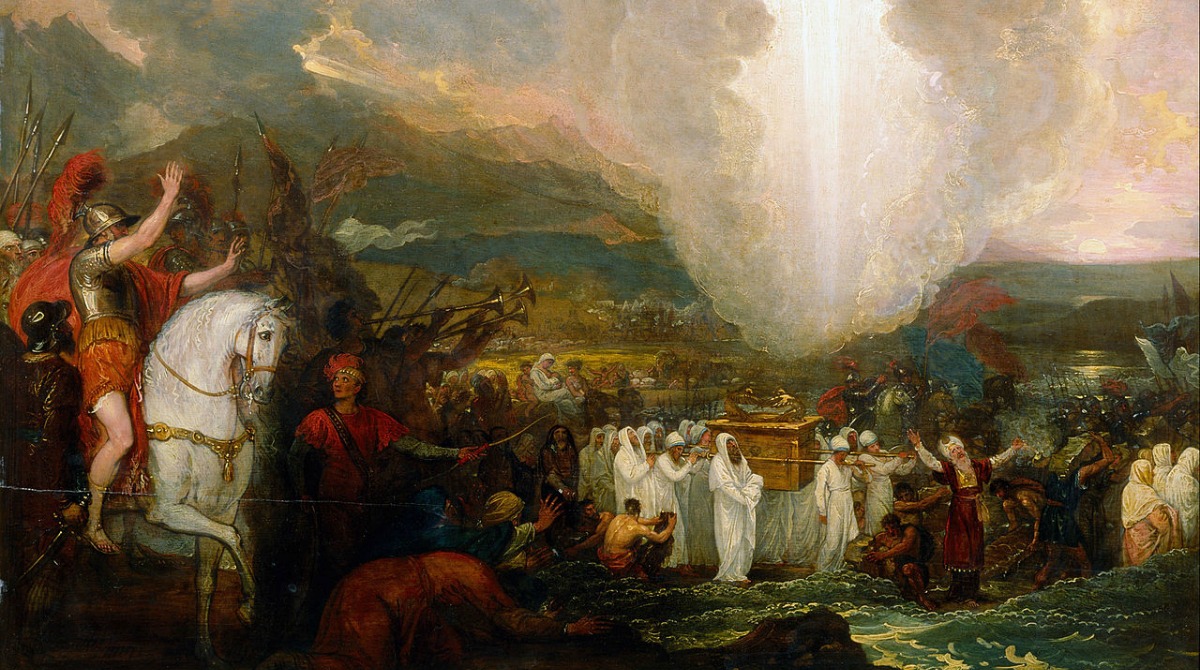Jewish conservatism is the key to our survival
In his new book The Second Mountain, the American writer David Brooks says something that shocked me.
After a long night of the soul Brooks, a distinguished New York Times columnist, has realised that what should drive us is not worldly ambition and achievement. What’s more important is to live a moral life and put others first.
Accordingly, he’s also come to realise that the hyper-individualism now dominating the west, the ideological pivot of left-wing politics, is inimical to human flourishing.
This is all part of his moral and religious awakening. But here’s the troubling thing. Brooks, a Jew, has embraced Christianity.
Put to one side that he also says he has never felt more Jewish than now and that he follows, as it were, both Moses and Jesus.
What’s so disturbing is that, although he sought advice and counsel from dozens of people on his spiritual journey, he writes that “the Jews by and large didn’t know how to talk to me.” His own rabbi said of himself that he “understood the beauty of the Christian story and was captivated by it.”
Nice one, rabbi. Can it really be the case, as Brooks claims, that Judaism is really so uninterested in persuading Jewish people of its virtues?
It’s possible, of course, that Brooks didn’t approach orthodox rabbis but only progressive ones. Conservative and Reform Judaism in the US have increasingly embraced a relativistic liberal universalism which is founded on precepts inimical to Judaism.
It’s Jewish moral codes, though, that stand against the hyper-individualism which Brooks now views as damaging; it’s Jewish moral codes that produce the sense of community and rootedness that Brooks now understands is vital.
These are bedrock Jewish and western values which desperately need to be conserved. That’s what conservatism, in fact, is all about. Yet this has rarely been acknowledged in Jewish public discourse either in the diaspora or Israel. Now that may be changing.
The American philanthropic foundation, the Tikvah Fund, has decided to challenge the dominance of liberal universalism among Jews and promote instead a Jewish conservative movement. After two well-attended conferences in the US suggesting pent-up sympathy for such ideas, it held a third last week in Jerusalem.
Some 850 people packed into the city’s International Conference Centre to listen to Yoram Hazony, author of The Virtue of Nationalism, Douglas Murray, author of The Strange Death of Europe, and various luminaries of the Israeli conservative scene (yes, there is one).
Both Hazony and Murray pointed out that conservatism resonates in Israel far more than in Britain or Europe. Murray said that, while nationalism and patriotism are not understood in Europe, most Israelis realise these are a force for good.
Israelis recognise strong borders are a prerequisite for survival; in Europe they’re seen as a cause of war. And even most secular Israelis, he said, recognise they are at least “in dialogue with the religion of their forbears”; in Europe, religion and philosophy are viewed as accessories to the cultural crime of merely being the west.
For his part, Hazony observed that Israel’s traditionalism – the Bible being taught in all schools, the orthodox religious marriage ceremony, the nation- state law which is so controversial among Israeli leftists and diaspora Jews – conserves and strengthens the nation.
In 1896, he said, Theodore Herzl wrote that the Jews in Israel should be traditional and conservative. Yet the left, both within and outside Israel, has a problem with the traditional family, the idea of distinct men and women, property rights, immigration controls and so on. “The enlightened liberal world”, he said, “hates not Israel but Israeli conservatism and tradition. It hates the people sitting in this room.” And unfortunately many diaspora Jews sign up to this too.
A century ago and more, our forbears were socialist or communist. But they were also culturally conservative, respecting the bonds of tradition, family, community, Jewish moral precepts. When the left became secular and Marxist and declared war on those things, many Jews failed to grasp the implications.
For Judaism, it was a fundamental onslaught. For the west in general, founded upon the moral principles of the Hebrew Bible, such attackers have steadily sawn through the branches on which the culture rests.
David Brooks has begun to understand that those branches are now snapping off. What a pity he hasn’t realised that the best chance of preserving this vital ecology is through Jewish conservatism.




